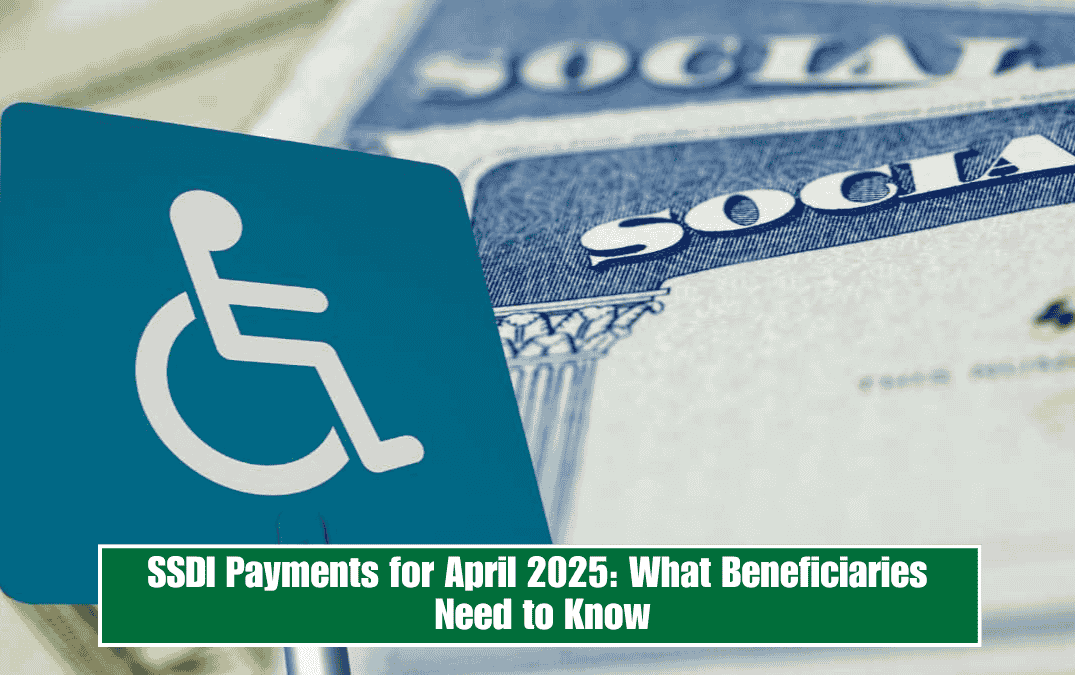Social Security Disability Insurance (SSDI) pays monthly and covers medical expenses for people who are unable to work. Although obtaining approval is difficult—70% of applications are rejected during the first evaluation—maintaining the benefit necessitates meeting specific requirements.
The Social Security Administration (SSA) has the authority to suspend payments if critical changes in the beneficiary’s situation are not updated, and you should be aware of them in case you are required to do so and fail to do so on time.
Those receiving SSDI face an additional challenge: avoiding having their deposits suspended because their conditions prevent them from working, and their economic income at home may be dependent on insurance money. Aside from the financial loss, leaving the program requires restarting a lengthy bureaucratic process.
According to official protocols and social rights experts, these are the top five reasons why the Social Security Administration may suspend benefits, as well as preventative measures.
Updating personal data: priority to continue receiving SSDI
The SSA handles millions of cases, so any inconsistencies in personal information can result in automatic suspensions. Changes in address, phone number, marital status, or last name must be reported immediately.
“Life is busy, but reporting these changes is the responsibility of the beneficiary,” according to the statute. Simple omissions, such as failing to update an address, cause delays and loss of profit.
You can contact the Social Security Administration online, by phone, or in person at one of its local offices.
Despite the fact that the process appears to be time-consuming, it is deemed necessary to ensure service continuity. Beneficiaries surveyed in specialized forums concur: “A late notification can cost months of procedures to restore payments.”
Do you have income? Some of them could make you lose SSDI
Any additional income, whether from work, investments, or salary increases for a spouse, must be reported. The SSA cross-checks data with the IRS and employers, so hiding earnings is risky. In 2025, the Substantial Gainful Activity (SGA) limit is $1,620 per month and $2,700 for legally blind people. If you exceed these limits, you risk losing your eligibility.
Working overtime, even without exceeding the SGA, must be reported. “SSDI is intended for those who are unable to maintain regular employment. “Any change in work capacity must be evaluated,” the federal regulations state. The SSA conducts periodic reviews, but self-declaration expedites adjustments and prevents penalties.
If you change bank accounts, you must do this with the SSA
Modifying bank accounts without notifying the SSA is a common mistake. Deposits sent to closed accounts bounce, resulting in preventative suspensions. “SSA does not investigate the reason; it only stops payments until the beneficiary updates the data,” officials say. This applies to both new entity openings and internal bank changes.
The solution is simple: notify the new account via the my Social Security platform, call 1-800-772-1213, or go to an office. Users recommend doing it “at least two weeks before the next deposit” to avoid delays.
If you need help from another person, you must submit a form
Beneficiaries who need help managing their funds must designate a representative. If this changes due to death, disability, or a conflict of interest, the SSA must be notified immediately. To avoid mismanagement, the new person in charge, whether a family member, friend, or institution, must follow ethical and legal guidelines.
To update the designation, submit the SSA-11 form and identification documents. “Delays in this process can freeze payments until the suitability of the representative is verified,” warn social rights lawyers.
SSA provides three options for updating data: online through my Social Security, by phone, or in person. The digital option is the quickest, but it requires the creation of an account and identity verification. Those who prefer telephone assistance should be prepared for lengthy and uninspiring wait times, particularly during peak hours.















